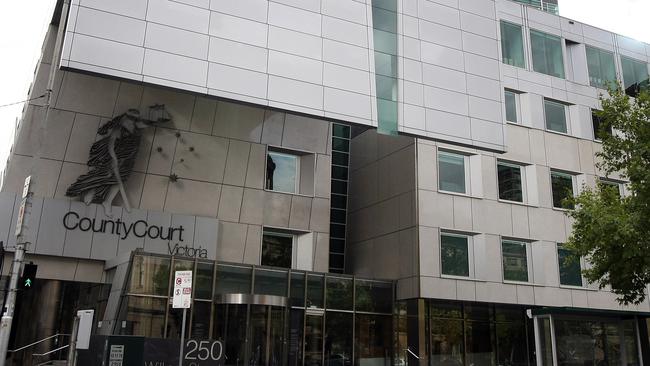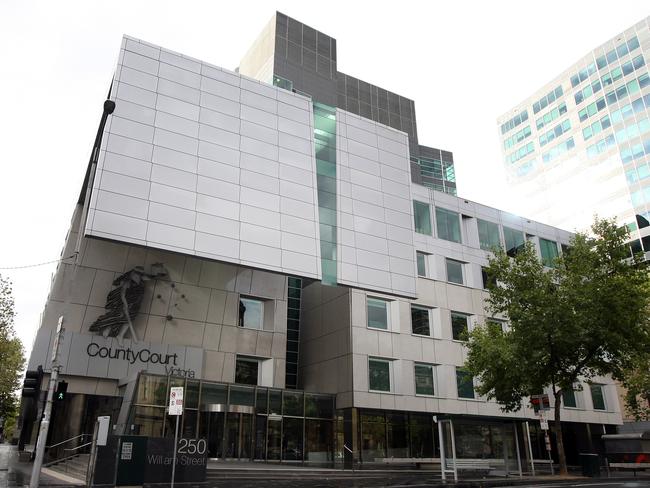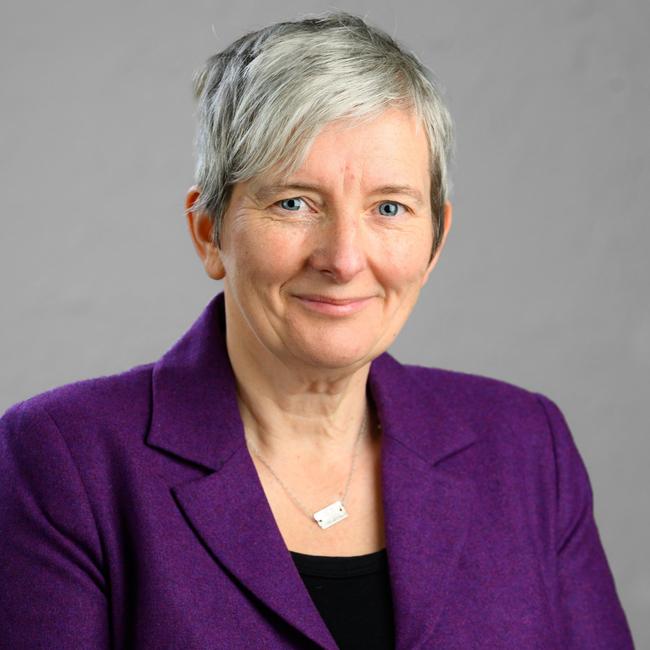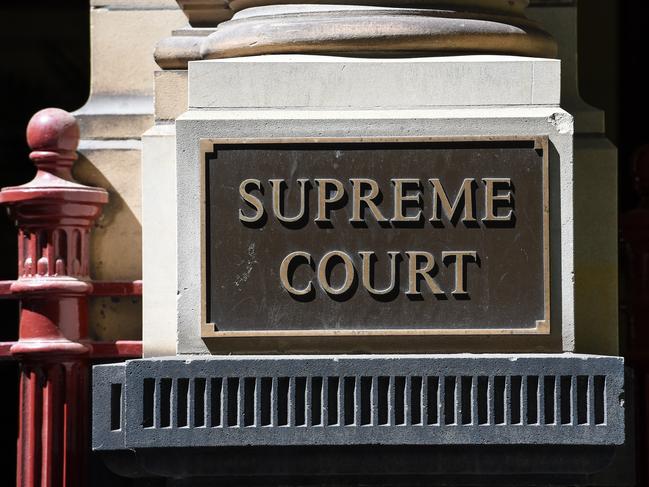Sexual offences charges among the least proven in court
Just one in five criminal incidents results in a guilty court finding, data has revealed, with just 4 per cent of some crime reports making their way through the justice system.

Leader
Don't miss out on the headlines from Leader . Followed categories will be added to My News.
A leading advocate for sex crime victims says it is “disturbing” how many cases drop out of the justice system as new data reveals fewer than 5 per cent of alleged rapes are proven in court.
The statistics, revealed in the In Fact 14 report by the Crime Statistics Agency Victoria, investigated the attrition of police recorded incidents through the Victorian criminal justice system between April 2018 and March 2023.
The data found rape cases were “less likely to progress through all stages of court compared to other sexual offences”, with just 664 of the 16,600 incidents (or 4 per cent) proven in Victorian courts.
Just 11 per cent of all recorded sexual offences resulted in a guilty plea or verdict.

Attrition began as soon as incidents were reported to police, with fewer than half of all sexual offence cases resulting in an alleged offender being identified.
“Rape was less likely to progress at all stages compared to other sexual offences,” the report stated, with just 35 per cent of identified offenders being charged.
Sexual Assault Services Victoria chief executive Kathleen Maltzahn said the figures were “disturbing”.
“Rape survivors are treated differently from other victims of crime,” she said.
“There is this perception that victims don’t report enough but the problems are within the other places.
“For as long as rapists know they can probably get away with it, we’re undercutting a lot of the good work we do.”
Ms Maltzahn said the “burden” shouldn’t be put on victims.
“It’s terrible when someone is brave enough to go forward and to have it drop off and not proven at the court stage,” she said, noting property theft was “much more likely to be taken seriously and get justice”.

It comes as SAS Victoria and Fair Agenda launched a report this week which lobbied for more sexual crime victims to give pre-recorded evidence months “or even years” before a trial.
“The accused’s lawyer still gets to test the evidence but it doesn’t require someone, if they don’t want to, to stand up in front of everyone and say what happened to them,” Ms Maltzahn said.
It takes about one year and five months for sexual offences to go from being reported to being finalised in court — six months longer than the median time for all offences and just four months less than homicide cases.
Sexual offences against children were “more likely to progress at all stages”, including being proven in court.
This was because, the report hypothesised, evidence requirements were possibly “easier to meet for these offences as they often (involved) images or digital material”.
Rape offences, on the other hand, “may rely on more personal testimony”, it stated.
Get the latest news straight to your inbox. Subscribe to our email newsletters
The only offences less likely to be proven in court than rape were stealing from a motor vehicle and drunk and disorderly behaviour.
“Long investigation and court proceedings may reflect the complex nature of these offence types, but can also compound the harm caused by these offence types by increasing the trauma for victims and their families,” the report stated.

One in five crimes over the five year period resulted in an offender being identified, charged and had charges proven.
Incidents involving males were more likely to be finalised in court than females.
More options to caution children could be the reason just 30 per cent of child offenders had their cases proven in court, the report hypothesised, with the Children’s Court Youth Diversion Program also giving them the chance to have their “charges discharged upon successful completion of a diversion plan”.
A Victoria Police spokesperson said the force took reports of sexual offences “extremely seriously”.
“We acknowledge the difficulties in reporting these crimes to police, and it is never too late to make a report,” police said.
“Detectives from our Sexual Offences and Child Abuse Investigation Teams (SOCITs) are trained to understand the complexities of these crimes and support victims from disclosure, through the investigation process, and then on to court.
“When deciding to proceed with charges, police carefully consider several factors, including discussing the options in close consultation with victim survivors.
“If you are concerned about something that has happened to you, we encourage you to speak to police.”





